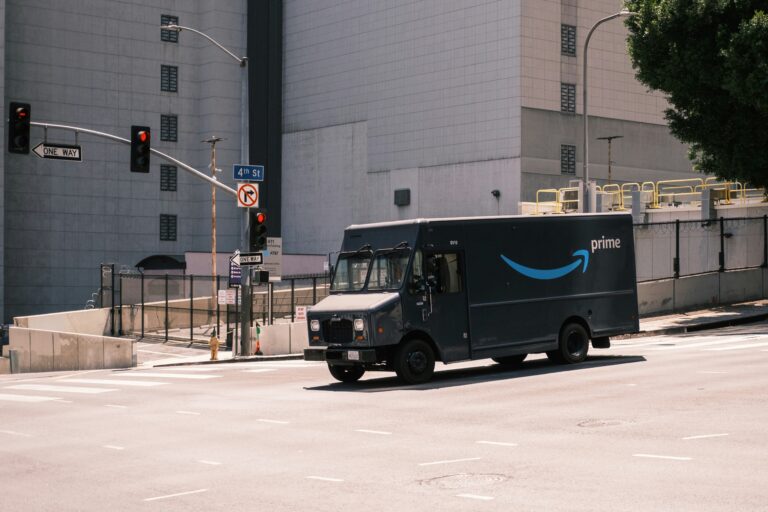
Benjamin Sachs is the Kestnbaum Professor of Labor and Industry at Harvard Law School and a leading expert in the field of labor law and labor relations. He is also faculty director of the Center for Labor and a Just Economy. Professor Sachs teaches courses in labor law, employment law, and law and social change, and his writing focuses on union organizing and unions in American politics. Prior to joining the Harvard faculty in 2008, Professor Sachs was the Joseph Goldstein Fellow at Yale Law School. From 2002-2006, he served as Assistant General Counsel of the Service Employees International Union (SEIU) in Washington, D.C. Professor Sachs graduated from Yale Law School in 1998, and served as a judicial law clerk to the Honorable Stephen Reinhardt of the United States Court of Appeals for the Ninth Circuit. His writing has appeared in the Harvard Law Review, the Yale Law Journal, the Columbia Law Review, the New York Times and elsewhere. Professor Sachs received the Yale Law School teaching award in 2007 and in 2013 received the Sacks-Freund Award for Teaching Excellence at Harvard Law School. He can be reached at [email protected].
Nearly 5000 bus, subway and trolley operators are on strike in Philadelphia. The dispute centers around critical issues including health care coverage, pensions, and bathroom breaks. But the strike is garnering national attention, and making some Democrats nervous, because it has the potential to interfere with commuting on election day and thereby to (potentially) make it harder to get to the polls in Philadelphia. As the Washington Post put it:
If the strike continues through next week, it could have a significant impact on the election: Thousands of Philadelphia residents may have no means to reach their polling place.
Negotiations continue, and it is quite possible that the two sides will reach an agreement prior to Tuesday, thereby enabling the operators to go back to work prior to election day. In case agreement is not reached, however, the question is: could a court enjoin the strike and require the workers to return to work, at least for election day? In fact, the transit authority has said that it will seek such an injunction if the strike does not resolve by Tuesday.
In general, in the private sector, strikes are not enjoinable – thanks to the Norris-LaGaurdia Act. But transit workers are public sector employees, and so their strike is governed by public sector labor law, here Pennsylvania’s Public Employee Relations Act, or PERA. Under PERA, most public employees may strike, but their strikes are subject to court injunctions in certain circumstances. In particular, the statute (43 P.S. 1101.1003) dictates that a strike:
shall not be prohibited unless or until such a strike creates a clear and present danger or threat to the health, safety or welfare of the public. In such cases the public employer shall initiate, in the court of common pleas of the jurisdiction where such strike occurs, an action for equitable relief including but not limited to appropriate injunctions and shall be entitled to such relief if the court finds that the strike creates a clear and present danger or threat to the health, safety or welfare of the public.
Put more simply, a court could enjoin the transit strike if it found that the strike was creating a clear and present danger to the “welfare of the public.”
Does disruption of an election constitute a clear and present danger to the welfare of the public? Intuitively, the answer would seem to be ‘yes,’ assuming there’s evidence that the strike will actually have a disruptive effect on the election. And there’s debate over how disruptive of voting a transit strike would be.
Not surprisingly, there does not appear to be any Pennsylvania caselaw exactly on point, and the determination is ultimately fact based and case specific. However, some guidance exists from previous cases interpreting the statutory language “clear and present danger or threat to the health, safety or welfare of the public.” For example, a 1990 decision involving a strike by Temple University professors (which was enjoined) explains that in order to stop a public sector strike, a Pennsylvania court must find that “the ‘danger’ or ‘threat’ is real or actual and that a strong likelihood exists that it will occur.” Moreover, that danger or threat must “not be one which is normally incident to a strike.”
Tellingly, in the Temple University case itself, the court found the following factors were sufficient to support an injunction: the fact that the strike could lead to a reduction in student financial aid, to lost course time and cancelled classes, to delayed graduations, and to an adverse impact on Temple University’s national stature. If there is good evidence that the current strike will prevent voters from getting to the polls, this precedent suggests a pretty good probability that a court would enjoin the transit workers strike – at least on election day.






Daily News & Commentary
Start your day with our roundup of the latest labor developments. See all
April 16
EEOC publishes final regulation implementing the Pregnant Workers Fairness Act, Volkswagen workers in Tennessee gear up for a union election, and the First Circuit revives the Whole Foods case over BLM masks.
April 15
The Supreme Court ruled in favor of bakery delivery drivers in an exemption from mandatory arbitration case; A Teamsters Local ends its 18-month strike by accepting settlement payments and agreeing to dissolve
April 14
SAG-AFTRA wins AI protections; DeSantis signs Florida bill preempting local employment regulation; NLRB judge says Whole Foods subpoenas violate federal labor law.
April 12
The EEOC weighs in on an anti-discrimination lawsuit against Workday; a rule expanding overtime protection moves closer to publication; Amazon decreases spending on anti-union consultants.
April 11
Maine Legislature votes to grant farm workers minimum wage and labor rights; Apple store workers in New Jersey petition to unionize; and Wisconsin Governor vetoes legislation to rollback child labor laws.
April 10
NLRB general counsel vows not to succumb to pressure from SpaceX, Amazon, and others, the NLRB will seek make-whole remedies for unlawful work rules, and the LA County Federation of Labor joins the call for a ceasefire in Gaza.